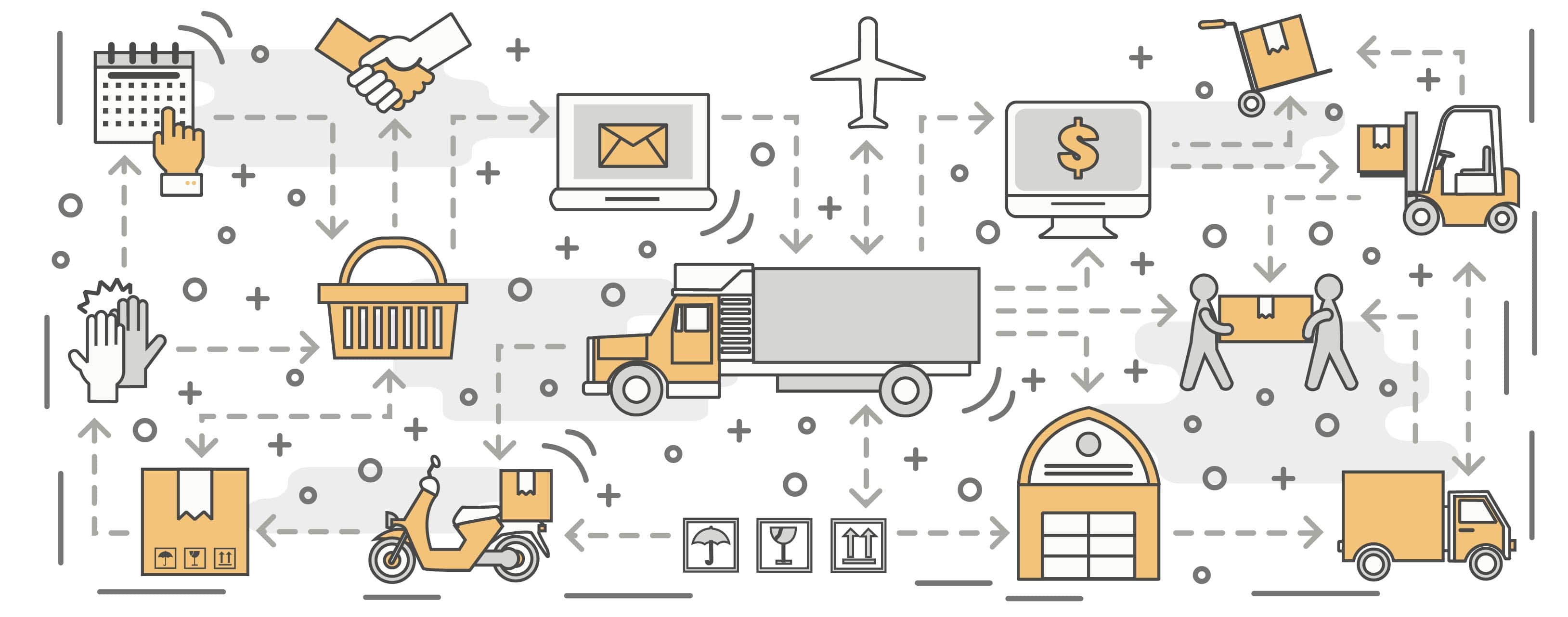One of the goals of the Pacific Alliance (PA), the economic bloc made up of Chile, Colombia, Mexico, and Peru, is achieving an area of deep integration where goods and services are traded tariff-free without facing other barriers to trade.
To this end, in addition to eliminating tariffs, now covering more than 98% products on average, the PA has implemented innovative trade facilitation solutions to enable companies to trade their goods easily, transparently, and cost-effectively.
One of these solutions entails the interconnection or, as it is more often known, the interoperability of the four countries’ single windows for foreign trade. The PA’s interoperability platform was built on the highest international standards, including an open design that enables any bloc or country with a well-developed single window of its own to connect to it. For example, the PA has agreed to move towards such an arrangement with Mercosur, and could also reach one with the Central American Digital Trade Platform.
The Pacific Alliance: Pioneering the Interoperability of Single Windows
The PA member countries established their single windows between 2006 and 2013, allowing economic operators to process permits and authorizations from a single website, and, in some cases, to pay fees for foreign trade operations. Single windows bring a series of benefits, including shorter processing times, lower costs, and less uncertainty. They also improve coordination and transparency among public entities.
Benefits of single windows for Pacific Alliance countries
| Country | Launch date of country’s single window | Examples of the benefits of each single window |
| Chile* | May 2013 |
|
| Colombia** | November 2006 |
|
| Mexico** | January 2012 |
|
| Peru** | July 2010 |
|
-
* https://www.sicexchile.cl/portal/web/sicex/noticias
-
** APEC. (2018). Study on Single Window Systems’ International Interoperability: Key Issues for Its Implementation. Singapore: APEC.
To expand these benefits, the PA launched its interoperability project in 2016 with the goal of connecting its single windows and exchanging, in real time, the information contained in the main documents that accompany foreign trade operations. The PA countries began exchanging phytosanitary certificate data in 2017 and certificate of origin data in 2018. To date, over 50,000 certificates have been shared, a number expected to increase with the exchange of customs declaration data, to be implemented by 2020.
The PA has achieved this in record time, despite the complex technical, legal, and political issues involved in making single windows interoperable. By way of comparison, the Association of Southeast Asian Nations (ASEAN) began work on its interoperability platform in 2005 but only started exchanging data in 2018, according to a recent APEC study.
The benefits
An initial IDB assessment focused on the economic benefits of making single windows interoperable estimated that the exchange of phytosanitary certificate data through the platform brought average savings of 30% for economic operators.
Specifically, Chile estimates that the real-time electronic exchange of phytosanitary certificates has reduced processing times from four days to just a few minutes and brought savings of around $250 per operation.
Mexico estimates that it has reduced the time needed to authenticate and validate data from phytosanitary certificates from two weeks to 30 minutes. This is particularly significant since perishable agricultural products are the ones that require these certificates.
Connecting single windows brings other benefits, such as making trade more efficient and helping to combat corruption. Receiving data in advance allows to improve risk management procedures at the border and data security and promote international standards.
How did the Pacific Alliance connect its single windows?
In 2015, the four presidents of the member countries set the goal of making their single windows interoperable to facilitate intrabloc trade. To this end, they created a presidential mandate to ensure political commitment and to make financial and human resources available.
The four countries formed technical teams that worked intensely to bring the data on the certificates to be exchanged in line with international standards and to adjust each country’s regulatory, technical, and technological frameworks.
Following an open international call to tender, software company CrimsonLogic was commissioned to design and implement custom interoperability software, with support from the IDB. The software was then installed in each PA country to enable data to be exchanged in real time. The four countries also signed key agreements on the mutual recognition of signatures, privacy, and data security.
It is important to note that the process involves bilateral point-to-point data exchanges, without going through a central body. This means that the model does not depend on a central coordinator, which makes it more sustainable and enables other countries in the region to join.
The future is bright. The PA countries have set the goal of building on this solution by adding new certificates and documents to the program and including other strategic trade partners. These are practical measures for greater integration in the region.


Leave a Reply